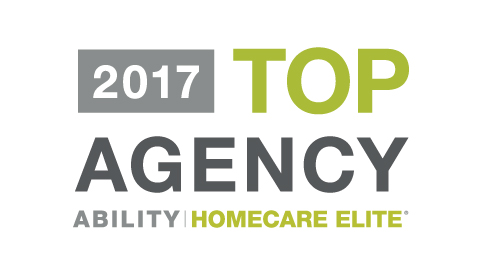 Question:
Question:
Who can get Medicare-covered home healthcare, and what service does Medicare cover?
Answer:
If you have Medicare, home healthcare services are covered if you meet all the following conditions:
- Your doctor must decide that you need medical care at home, and sign our orders and agree to the plan for your care at home.
- You must need intermittent skilled nursing care or, physical therapy, speech-language therapy or to continue occupational therapy.
- The home health agency caring for you must be approved by the Medicare program (Medicare Certified).
- You must be homebound, or normally unable to leave home without help. To be homebound means that leaving home takes a considerable and taxing effort. You can be homebound and still leave home for medical treatment or short, infrequent absences for non-medical reasons, such as trips to a barber or church. A need for medical adult day care does not keep you from getting home health care.
Question:
What types of Home Health Care will Medicare cover?
Answer:
Skilled nursing care on a part-time or intermittent basis. Skilled nursing care includes services and care that can only be performed safely and correctly by a licensed nurse (either a registered nurse or a licensed practical nurse or Physical or Occupational Therapist)
Home health aide services on a part-time basis or intermittent basis. A home health aide does not have a nursing license, but supports the nurse by providing services such as help with bathing, using the bathroom, dressing or other personal care. These types of services do not need the skill of a licensed nurse. Medicare does not cover home health aide services unless you are also getting skilled care such as nursing care or other therapy. The home health aide services must be part of the home care for your illness or injury.
Physical therapy, speech-language therapy and occupational therapy for as long as your doctor says you need it.
- Physical therapy includes exercise to regain movement and strength in the body area, and training on how to use special equipment or do daily activities, like how to get in and out of a wheelchair or bathtub.
- Speech-language therapy (pathology services) includes exercise to regain and strengthen speech skills or swallowing.
- Occupational therapy includes exercise to help you do usual daily activities by yourself. You might learn new ways to eat, put on clothes, comb your hair and perform other usual daily activities. You may continue to receive occupational therapy if ordered by your doctor even if you no longer need other skilled care.
Medical social services to help you with social and emotional concerns related to your illness. This might include counseling or help in finding resources in your community







